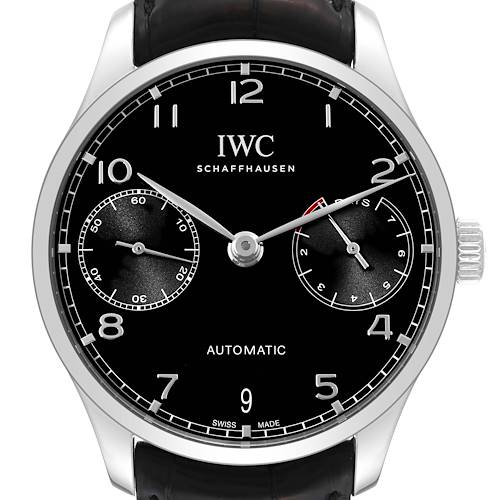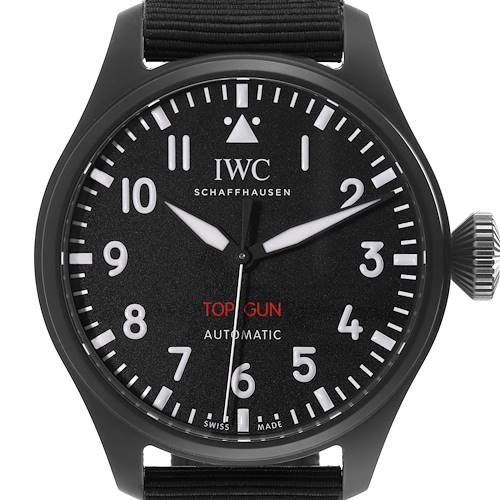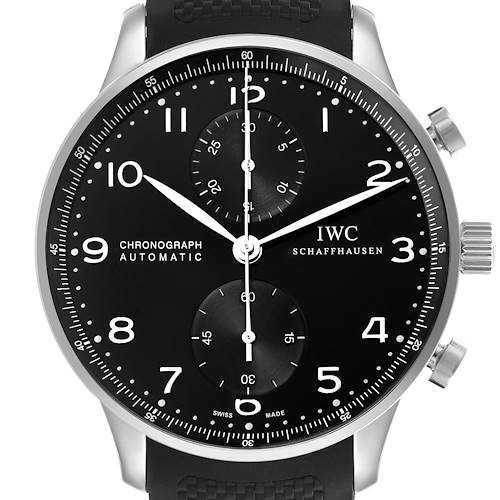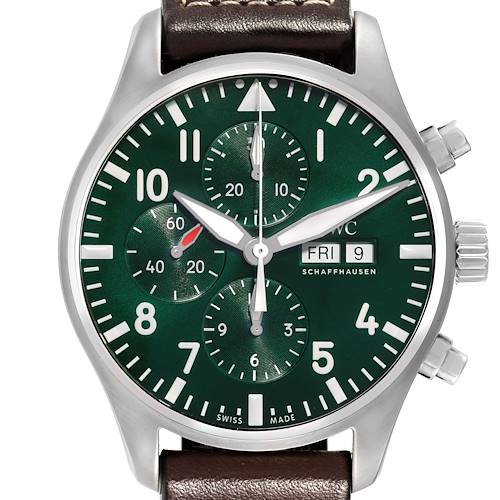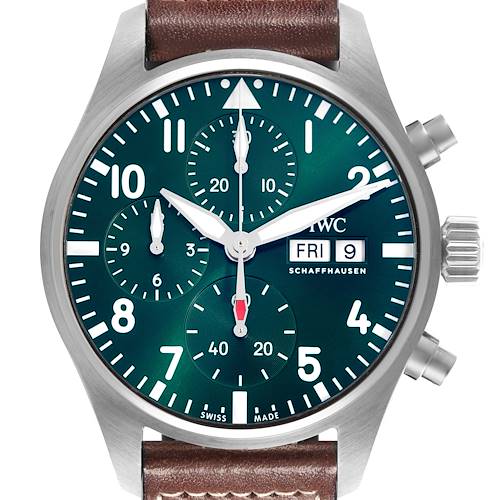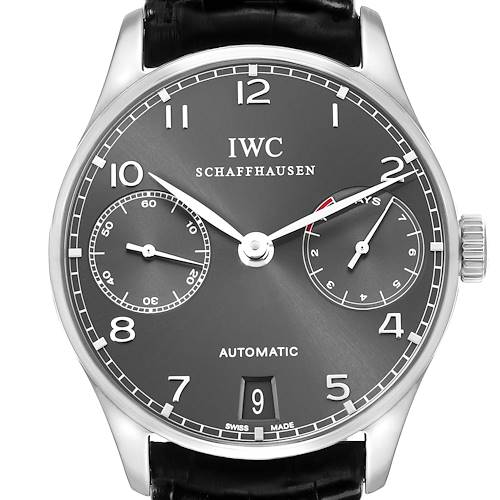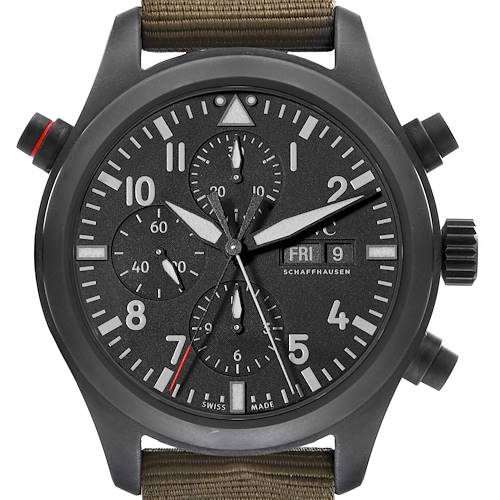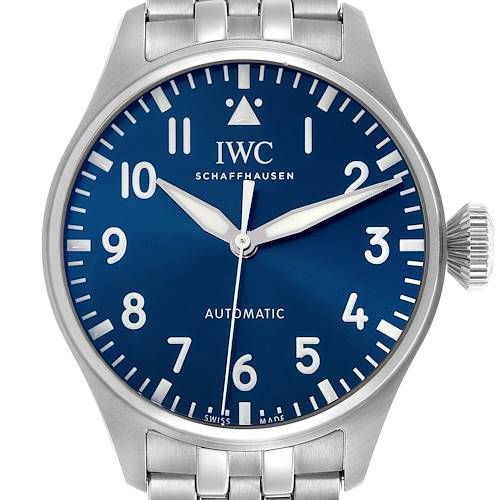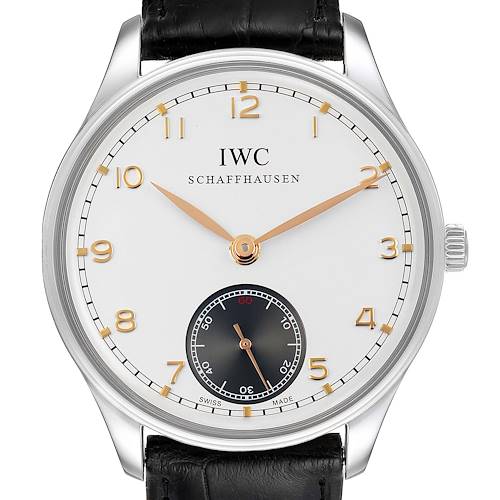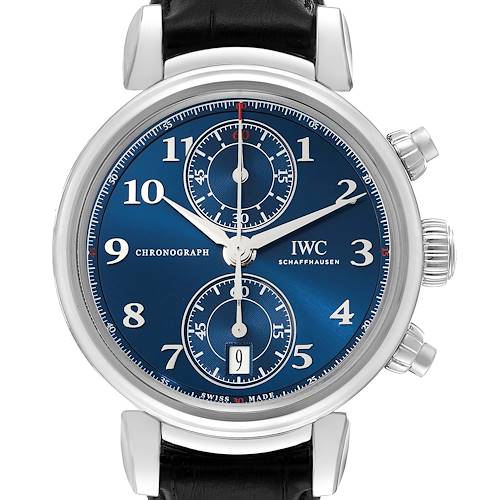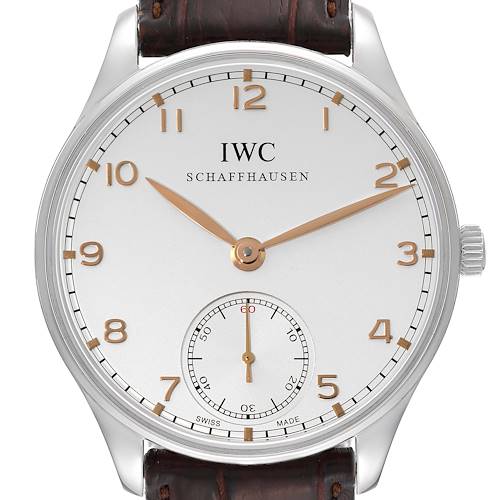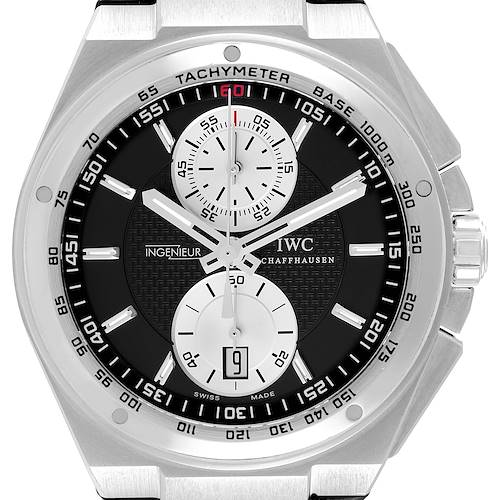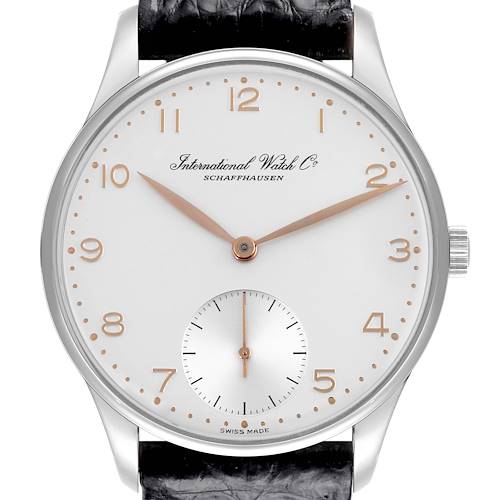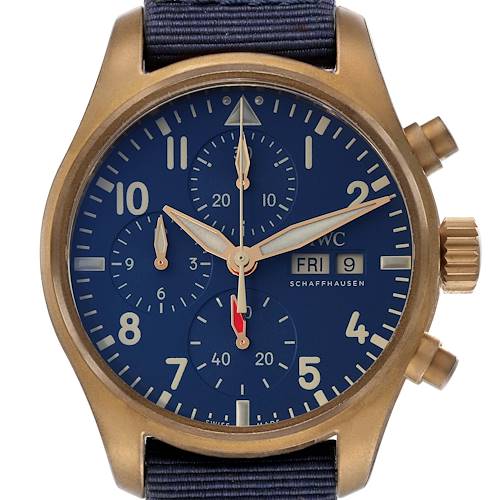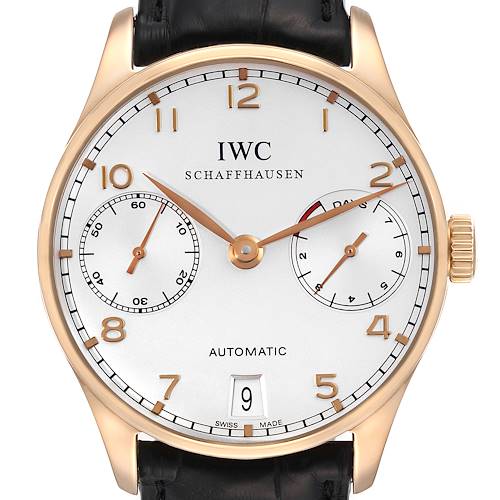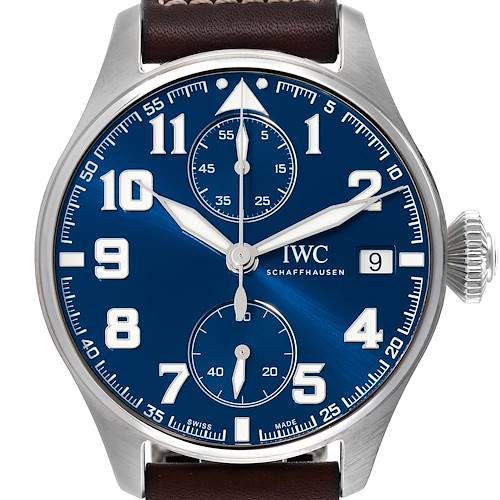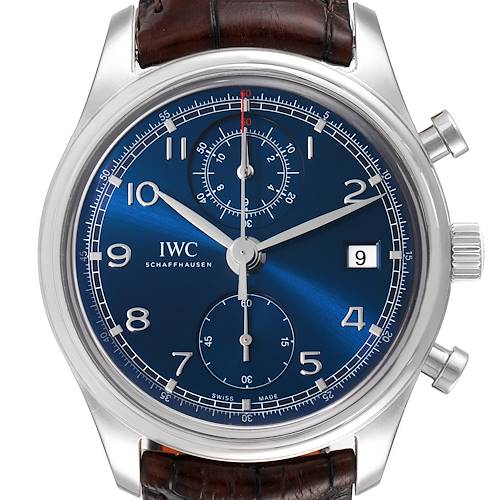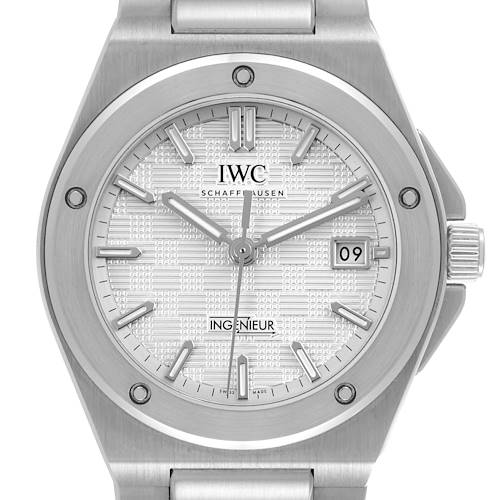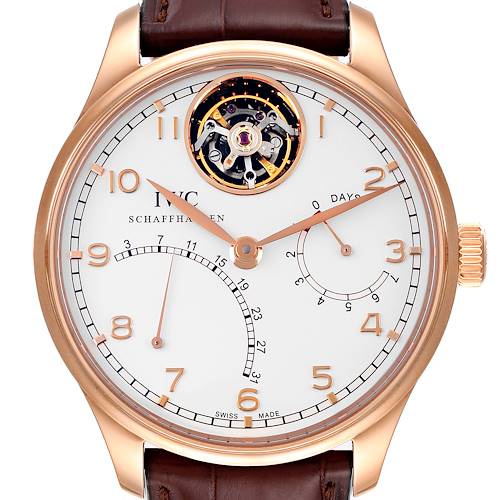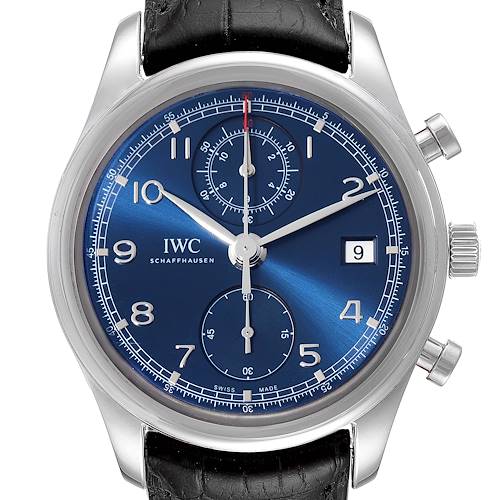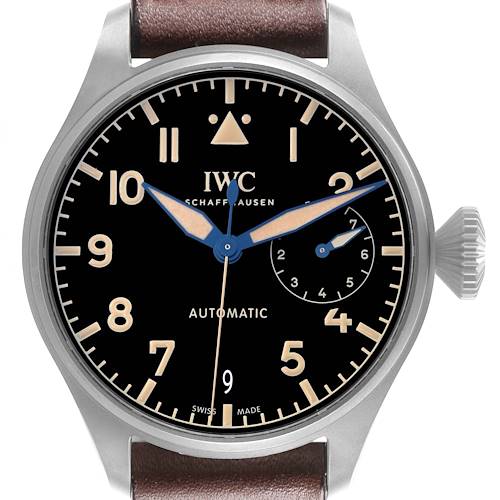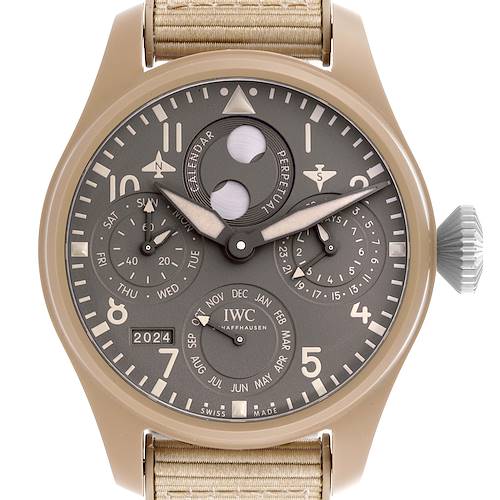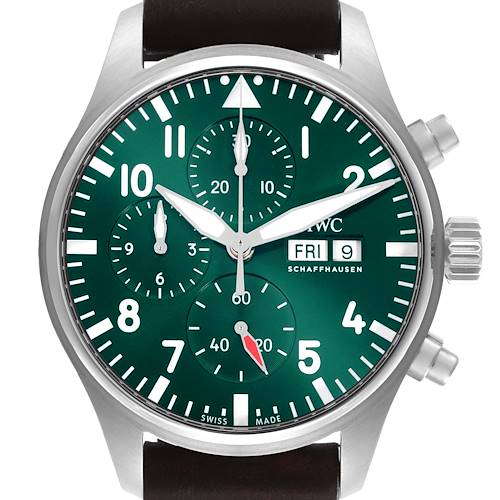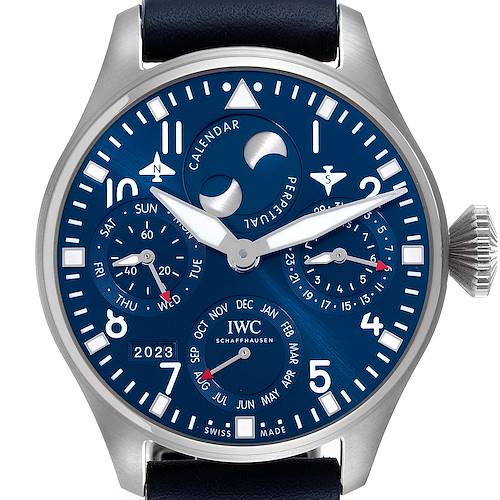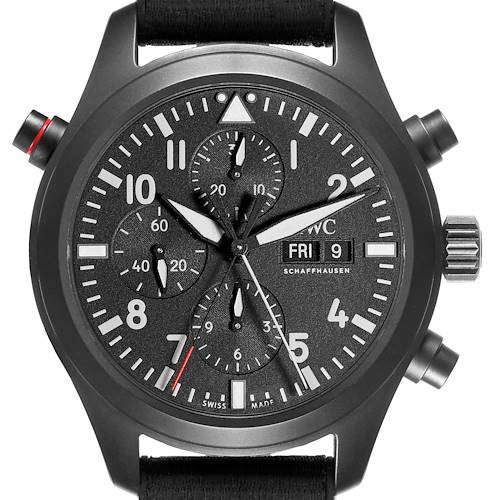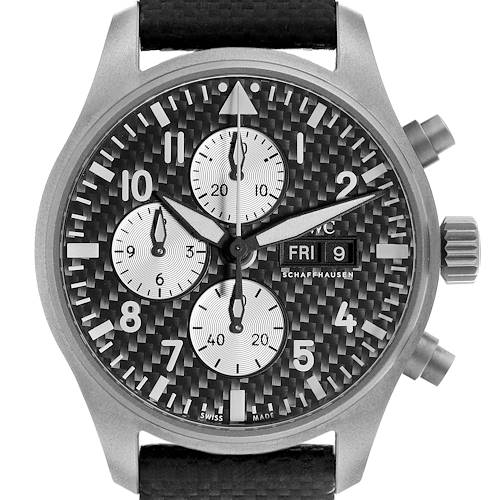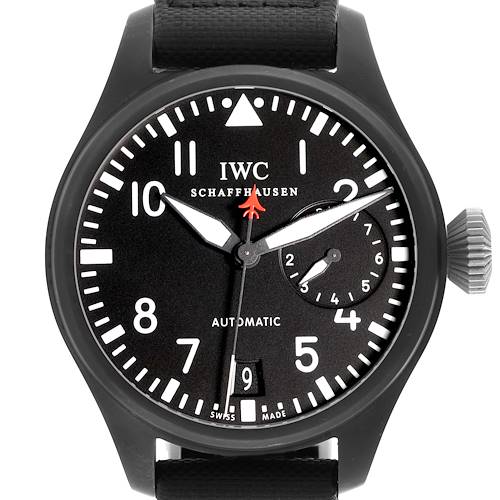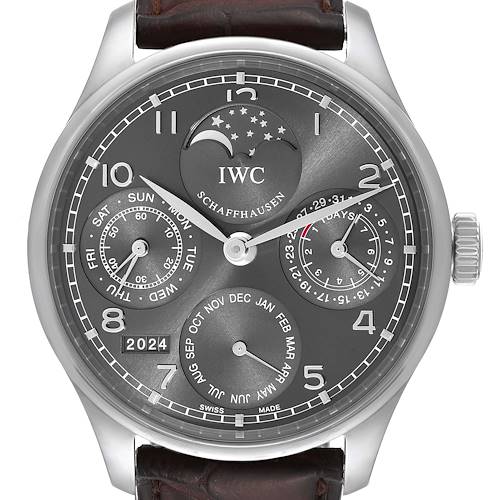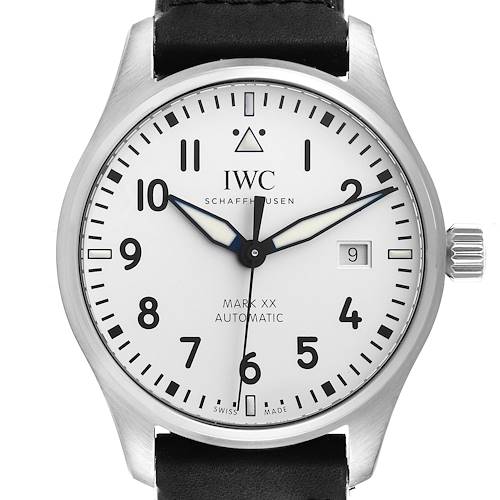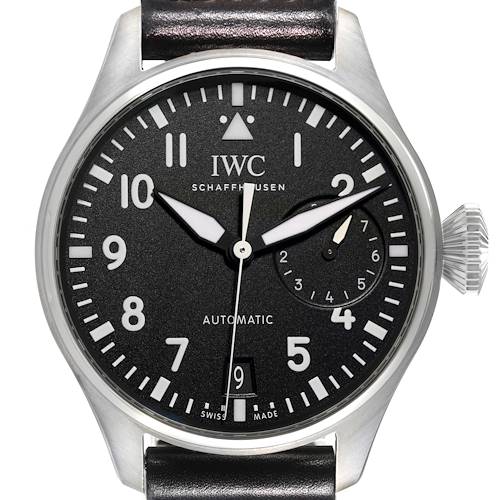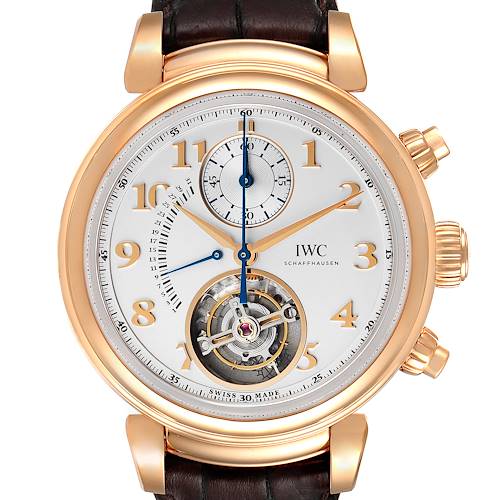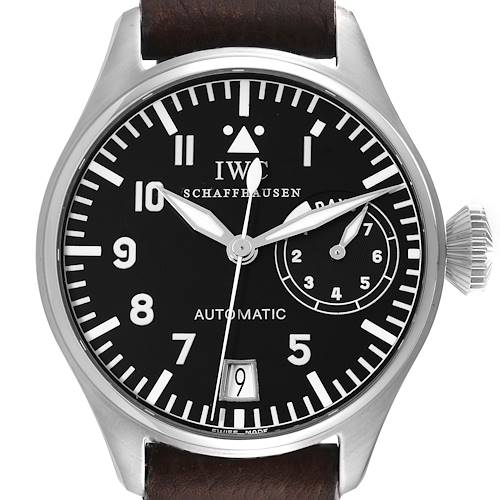- CALL US (404) 814-1814
- LIVE SUPPORT
- EMAIL US
-
WISHLIST (0)
-
CART(0)
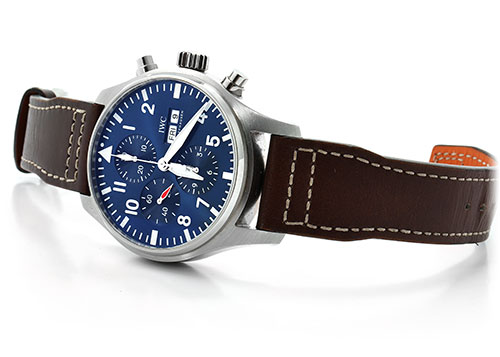
IWC Watches
33 MATCHES FOUND
IWC, short for International Watch Company, is a prestigious Swiss luxury watchmaker renowned for its expertise in crafting durable military timepieces as well as stylish dress watches. Established in 1868 by Florentine Ariosto Jones, a Boston native, IWC was founded on the vision of blending Swiss traditional watchmaking with American technological advancements.
This philosophy is reflected in the extensive range of timepieces offered by the brand today, encompassing sturdy watches suitable for aviation and military purposes, elegant everyday watches with sophisticated designs, and intricate haute horlogerie pieces.
The collaboration with aviation pioneers gave birth to the iconic Pilot's watch, renowned for its precision and functionality, making it a trusted companion for professional pilots and vintage aviation enthusiasts alike. The Portugieser collection, distinguished by its oversized dials and minimalist design, has long been favored by horology aficionados who appreciate its timeless aesthetics. In contrast, the Aquatimer collection showcases the brand's engineering prowess with its rugged design and advanced underwater capabilities.
IWC has garnered a reputation as the preferred choice for collectors who value expert craftsmanship, enduring appeal, and meticulous attention to detail. The diverse range of functions offered by the brand ensures there is an IWC timepiece to suit every taste and occasion, whether it be robust watches for professional or daily wear, or luxurious timepieces with the complexities of haute horlogerie.
How to Sell My IWC Watch
Sell or trade-in your IWC watch for the best price with SwissWatchExpo. SwissWatchExpo makes it easy to sell or trade in your used or pre-owned IWC watch to keep your luxury watch collection fresh!
Frequently Asked Questions
How Can I Tell if an IWC Watch is Authentic?
IWC watches are made with the most exquisite materials, so a counterfeit will always appear lesser in build quality. Closely examine the build of the watch, the detail on the dial, and the most minute details such as numbers and fonts. If you see any sign of imperfection on your IWC timepiece, it is likely a fake.
We always advise clients to do research beforehand so you can check if the details on your watch are in tune with the model's supposed features. The best way to avoid fakes, and to guarantee the authenticity of an IWC watch, is to purchase only from a reputable retailer who can provide proof of authenticity.
Do IWC Watches Hold Their Value?
IWC watches hold their value well, and there are two major factors behind this. The first is that their watches are made with exceptional craftsmanship, so they are unlikely to wear easily or need a significant amount of repair. The other is that IWC only has an annual production of 70,000 watches – a small number compared to other Swiss luxury watchmakers. This ensures that the demand for their watches will almost always outpace the supply. Putting more emphasis on high-quality watchmaking than on high quantities secures the value of IWC watches.


